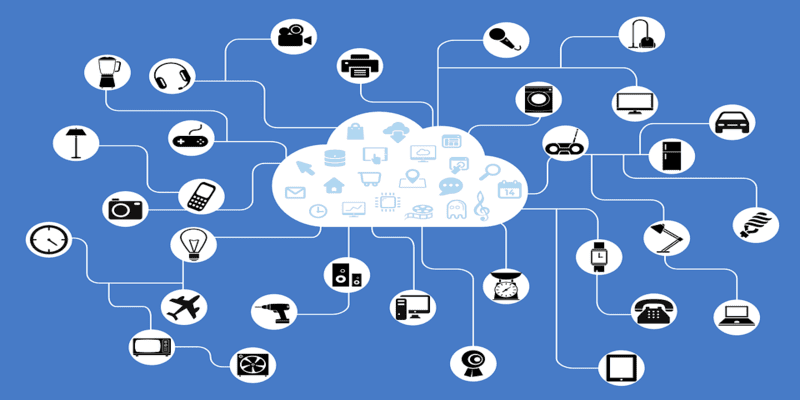Gartner Projects IoT Security Spending to Skyrocket by 2021


IoT devices are notoriously haphazard when it comes to security. These devices are easy endpoints for DDoS attackers to target. Gartner IoT security spending predictions are substantial. They see this as a market that is waiting to explode when the right security measures are available.
In Gartner’s report, they state that just over $1 billion was spent on IoT security last year. This number is projected to increase to over $3 billion by 2021. They state, “the biggest inhibitor to growth for IoT security will come from a lack of prioritization and implementation of security best practices and tools in IoT initiative planning. This will hamper the potential spend on IoT security by 80 percent.”
Gartner doesn’t believe there is incentive for IoT manufacturers to put security into their devices. Research director at Gartner, Ruggero Contu, stated, “”However, coordination via common architecture or a consistent security strategy is all but absent, and vendor product and service selection remains largely ad hoc, based upon the device provider’s alliances with partners or the core system that the devices are enhancing or replacing.”
The only solution for this is industry regulation. Healthcare is, perhaps, the most prevalent adopter of IoT devices, and this is a very regulated field. Regulations will certainly come for the IoT devices in healthcare, it’s only a matter of time before regulation gravitates towards other industries. Gartner predicts that, by 2021, regulation will become the primary influencer for IoT security improvements.
As revolutionary as IoT technology is, there is a glaring problem that cannot be overlooked, security. The lack of effective security has been a significant negative for companies looking to utilize the convenience of IoT. Malware has easily been able to affect these devices. In late 2016, a malware strain, known as “Mirai,” enslaved IoT devices including wireless routers and security cameras. This led to a global DDoS attack against Dyn, a company that provides internet services to sites like Twitter, Reddit, Spotify, etc.





















